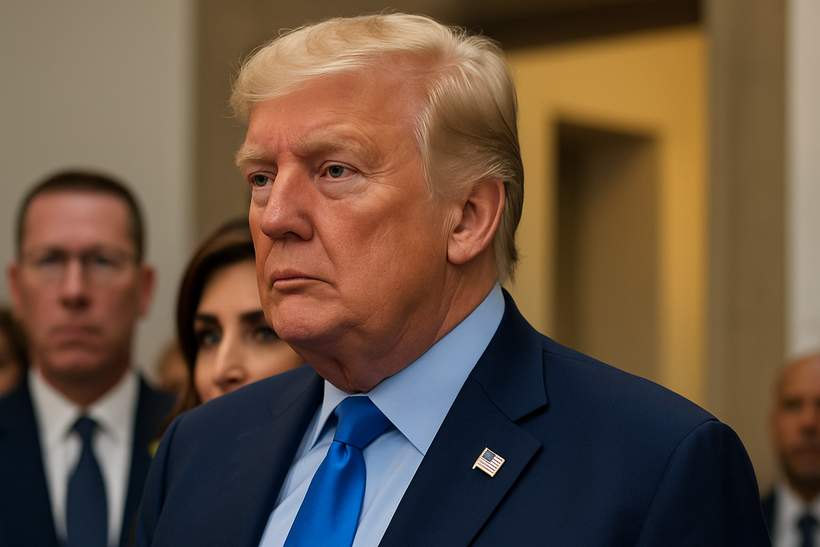OBBBA Raises Slot Machine Tax Reporting Threshold to $2,000

Introduction to the Tax Reporting Threshold Change
Recent changes in federal tax legislation promise relief for the gaming sector. The One Big Beautiful Bill Act (OBBBA), signed into law under President Trump, includes a key provision that increases the tax reporting threshold for slot machine winnings from $1,200 to $2,000. This update is expected to better reflect the current economic environment and benefit the gambling industry as a whole.
Legal Confirmation and Implications of the Amendment
This adjustment is outlined in Section 70433 of the comprehensive legislative package. It replaces the threshold set by tax code Section 6041(a) with a new reporting requirement of $2,000. Legal professionals and industry experts interpret this change as applicable not only to general information reporting but also to Form W-2G, which is used for reporting slot machine payouts.
Sophia Yan, an attorney advisor at the Tax Law Center at NYU Law, explained that since the rules for reporting gambling winnings stem from Section 6041(a), any modifications to this threshold would naturally extend to all related legislation.
“The change in Section 6041(a) due to OBBBA reinstates a $2,000 minimum reporting threshold for all reportable types. New statutory amendments take priority over prior regulations.”
– Sophia Yan, Attorney Advisor at Tax Law Center, NYU Law
This change is expected to ease casino operations by reducing the frequency of machine shutdowns that currently occur when a jackpot reaches $1,200 or more. These stoppages, necessary for verifying winners and issuing W-2G forms, have been criticized by stakeholders for disrupting gameplay and generating excessive paperwork.
Background on Reporting Thresholds in the Gambling Industry
The $1,200 reporting threshold has been a controversial subject for many years. Representative Dina Titus of Nevada, known for her opposition to the proposed 90% cap on gambling loss deductions, has advocated for updates to this out-of-date benchmark. She pointed out that this limit was set decades ago in the 1970s and no longer suits present-day inflation or industry growth.
The American Gaming Association, a major advocate for regulatory reform within gambling, has welcomed the OBBBA changes. The organization confirmed that Section 70433 raises the slot machine reporting threshold, noting that even the IRS in 2023 suggested a higher threshold of $5,000 with adjustments for inflation. Although OBBBA’s increase to $2,000 is more modest, it is seen as a positive step forward.
Industry Reception and Future Prospects
Although this update may have been unintentional, it has been broadly praised within the gambling community as a necessary modernization of outdated tax reporting rules. Industry leaders plan to continue advocating for an even higher threshold, aiming to further reduce interruptions for players and lessen administrative burdens on operators and tax authorities.
For casino patrons and operators alike, the adoption of these new rules could soon lead to a smoother and less disruptive gaming experience, with less paperwork and fewer forced pauses during play.